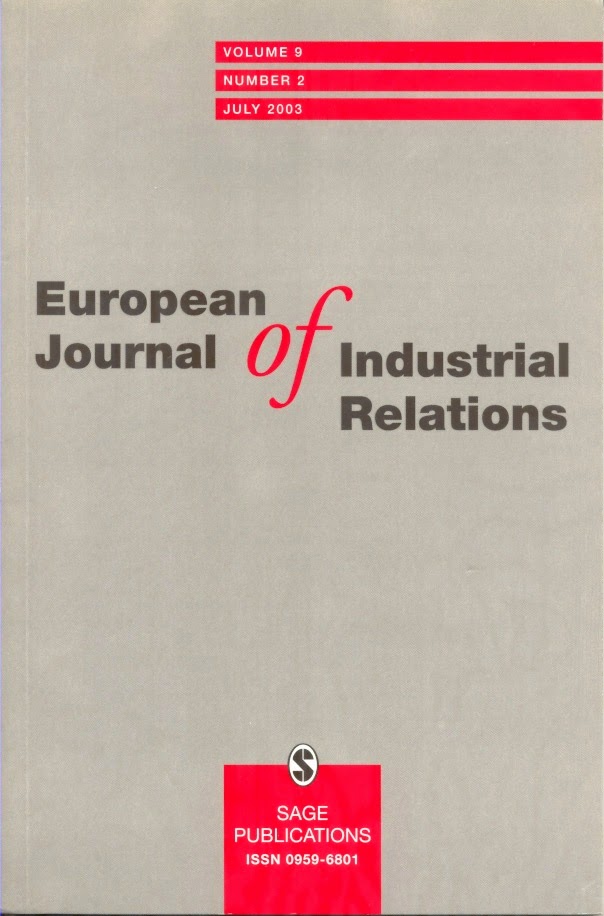
Despite the scholarly attention devoted to the European Employment Strategy (EES), its policy content remains elusive. This article first explores the ways in which the `open method of coordination’, which departs from traditional regulatory approaches, tends to `depoliticize’ the issue of employment, fashioning its discourse in an apparently technical language. This constitutes a serious shortcoming. There follows a systematic analysis of Greek experience, which shows that the analytical template of ‘Eurosclerosis’ used for assessing and combating unemployment is based on false premises. This orthodoxy attributes unemployment to high wages and an expensive welfare state; but Greece is a low-productivity economy with an ineffective welfare state, relying almost exclusively on low wages and social transfers. Failure to come to terms with this reality hampers both the appropriateness of EU recommendations and the Greek government’s capacity to deal with unemployment.

